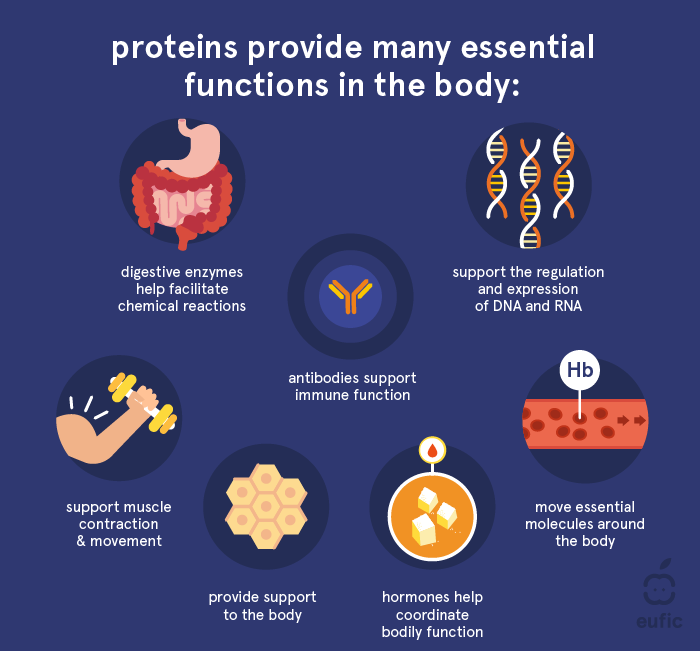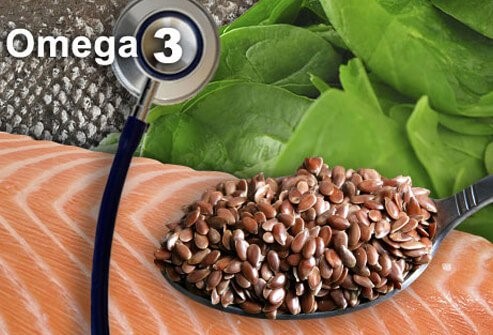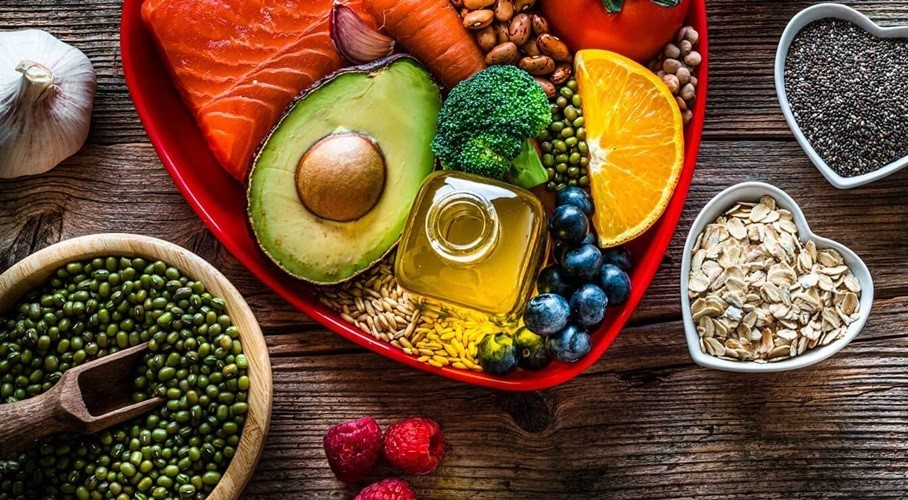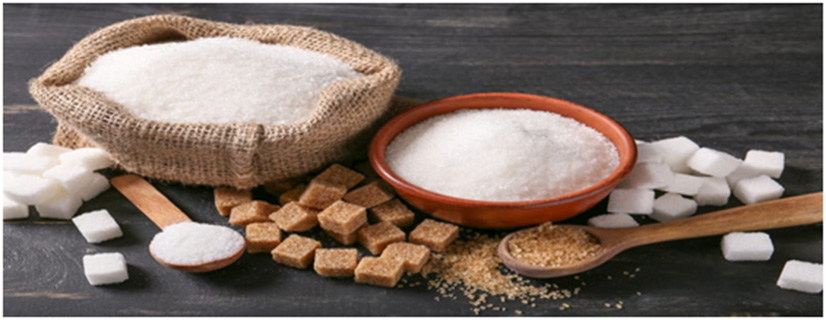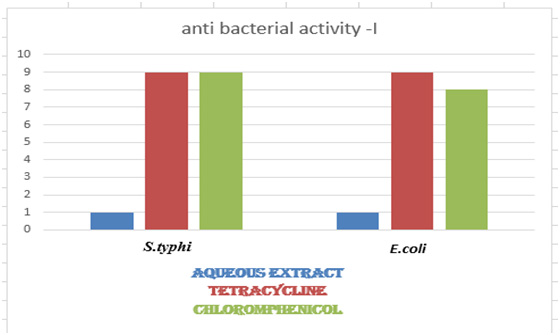Job description: The Pharmacist In charge is responsible for the day-to-day operations of the pharmacy including dispensing and consulting on prescriptions, financial performance, compliance with state and 340B regulations, staff performance, and customer service.
Job responsibilities:
- Accurately and efficiently dispensing prescription medications to patients.
- Verifying prescriptions for accuracy and monitoring potential interactions with other medications.
- Counseling patients on the proper use of their medications, including potential side effects.
- Collaborating with other healthcare professionals to ensure optimal patient care.
- Maintaining accurate medication records and patient profiles.
- Administering vaccinations and immunizations.
- Providing medication therapy management.
- Managing a team of pharmacists and technicians to foster a collaborative work environment that enhances productivity.
- Developing departmental policies and procedures to ensure consistent quality of care across all pharmacy services.
- Managing inventory and ordering medications as needed.
- Adhering to all relevant legal, ethical, and professional standards.
Qualifications:
- Education and/or Experience: Doctoral degree (PHARM.D.), or equivalent in Pharmacy, and Immunization Certification through an accredited organization
- A minimum of one (1) years’ experience as a licensed Pharmacist and Pharmacist In Charge; or equivalent combination of education and experience
- In addition, the associate should have experience in a retail environment
- Must be willing to take PIC position for two locations.
This position requires the following Licenses and Certifications:
- Valid Pharmacist License in California
- Valid Immunization Certification
- Valid MTM Certification
Job Type: Full-time
Pay: $70 per hour
Benefits:
- 401k
- Employee discount
- Health insurance
- Health savings account
- Life insurance
- Paid time off
- Vision insurance
Schedule:
- 8-hour shift
Mail resume to:
Reliance Imperial Pharmacy
1692 S 4th Street Ste F
El Centro CA 92243
Email: [email protected]



